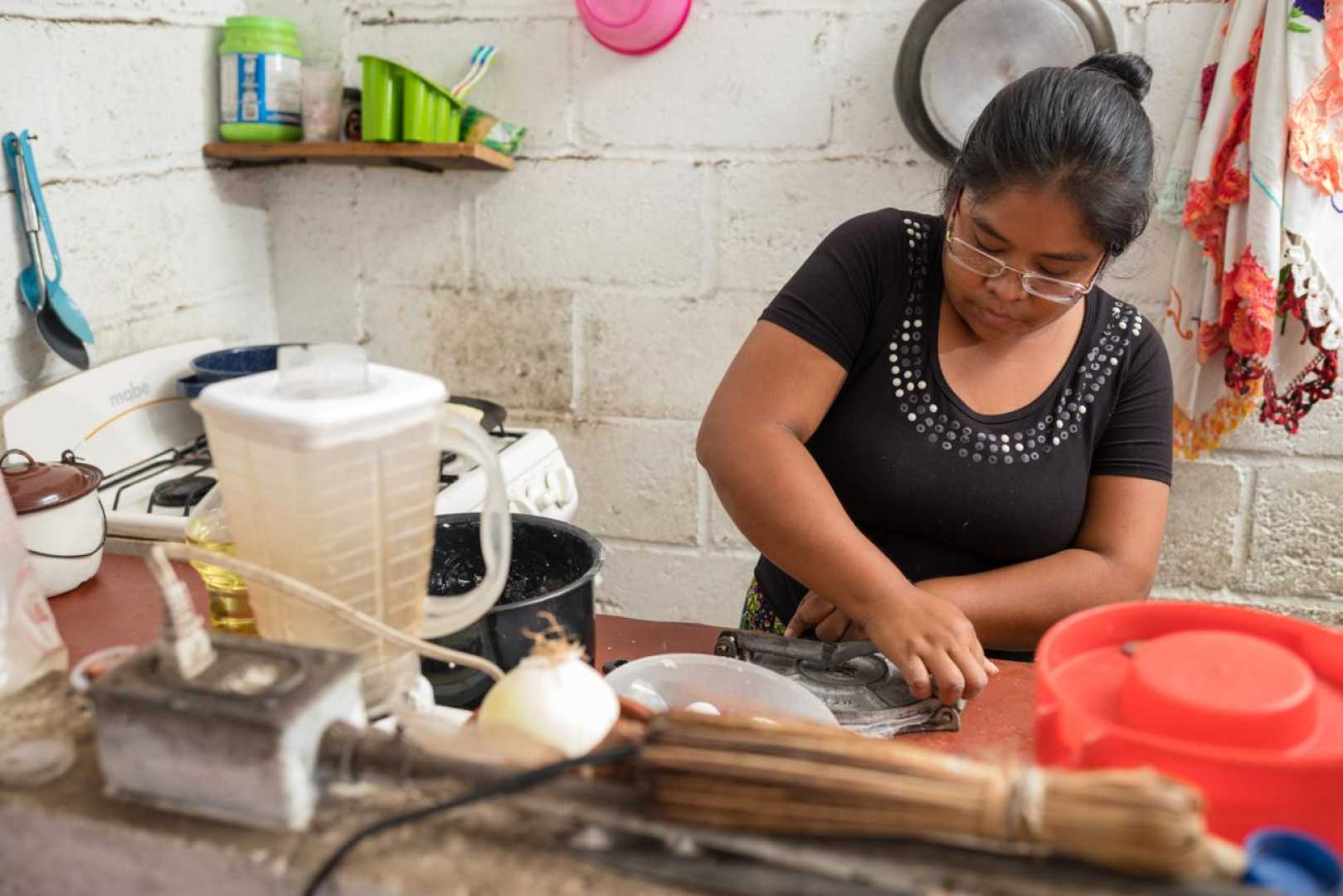News
Jalisco Legislation Tackles Informal Work Crisis with New Initiative

Guadalajara, Jalisco – On September 12, 2025, Jalisco lawmaker Omar Enrique Cervantes Rivera convened a roundtable discussion focused on the informal labor sector under the theme “Manos al Oficio.” The meeting aimed to recognize the importance of informal work, enhance vocational training, and promote arts and crafts in the state’s economic development.
Cervantes emphasized a crisis affecting Jalisco, stating that 50 percent of the state’s economically active population is involved in informal employment. He highlighted the urgency of creating alternative job opportunities and training in traditional crafts. He said, “This discussion aims to highlight the issue and push for training to include everyone, as we are all part of the problem but also the solution if we work together.”
During the meeting, attendees were encouraged to analyze how different productive sectors perceive the role of arts and crafts. The aim is to help young people find more job opportunities in formal employment rather than resorting to crime. Deputy Ana Fernanda Hernández Sanmiguel underscored that informal work poses one of the country’s main economic challenges, with 50 percent of Mexico’s workforce in this sector, leading to unstable incomes and a lack of social security.
The discussion brought together state and municipal government officials, leaders from industrial and commercial chambers, professional organizations, and unions such as CROC, CTM, FROC, and CROM. Academics and experts also shared insights and proposals to improve conditions for those engaged in crafts.
Participants focused on various topics, including innovation, teaching methods, and the impact of technology on traditional and manual labor. They discussed the economic and social value of these jobs and the creation of new employment opportunities. Several barriers, including migration and inadequate regulations on informal work, were identified as obstacles to formalizing these jobs.
Recommendations included developing programs to enhance the dignity of trades through certification and training, promoting workers’ integration into unions to defend their labor rights, and raising awareness among businesses about the benefits of formalizing their operations.
The IDEFT reiterated its commitment to supporting trades as mechanisms for inclusion and job creation during the “Manos al Oficio” discussions, recognizing the significance of revitalizing arts and crafts amid an oversupply of professionals and the need to combat informal employment.












